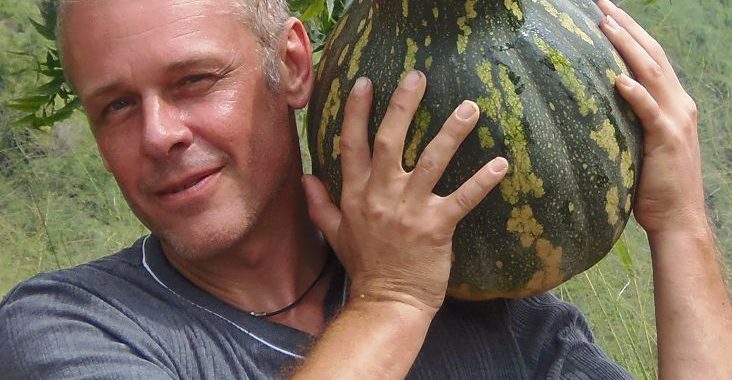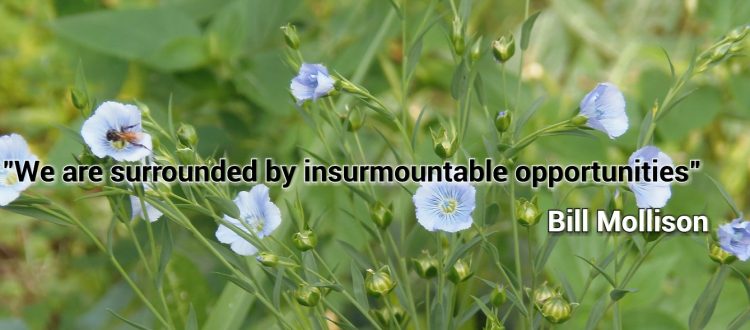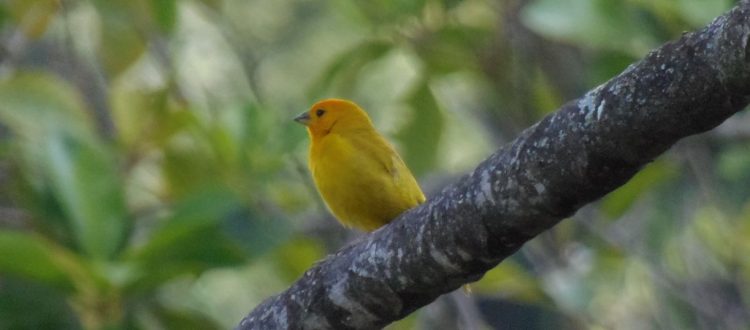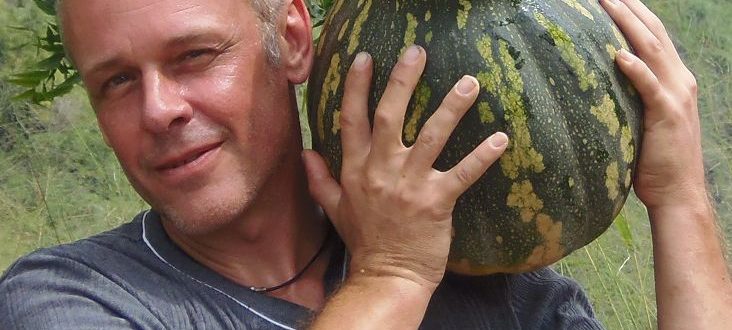If you are aware of the predicaments we face you think about sustainability. We’ve come to realize that we only have one earth and not the four earths needed to sustain the western lifestyle. Most people expect technology to solve the sustainability issue one way or the other. Because, well yes, because we humans are supposedly such smart creatures! A simple quote from a great scientist could make anybody realize that our current society has it all wrong:
The world as we have created it is a process of our thinking. It cannot be changed without changing our thinking. (Albert Einstein)
Our species, homo sapiens, has been around for about 160.000 years, which is an ultra short time compared to how long the earth has existed. From the moment that humans started constructing what we call civilization, which happened only about 8,000 to 10,000 years ago with a properly recorded history only going back maybe 3000 years, we’ve started to seriously mess things up. Lots of war and suffering, massive loss of forests and other natural habitat and all kinds of diseases emerged. Lust for power and greed got all the space they wanted to develop into a real art form. When oil was discovered and mankind suddenly had a massive amount of energy available only a little over a century ago, the main thing we did with it was crank up the machines and multiply our speed of extraction of resources and warfare. Now we could build ever bigger and faster mechanical devices! We could marvel at the intelligence of mankind looking at what we achieved. We no longer needed nature to survive, we could now do it all by ourselves inside our self built cities. How smart people are! Right?
Turns out this way of thinking has some big flaws. Let’s start by taking a big step back and look at our planet as a whole. It’s a huge ecosystem consisting of many species of living organisms. We see the blue of the oceans, the green of the forests and the grasslands. In contrast with that we see the unnatural concrete patches of our cities and the barren landscapes that were once green which mankind has turned into desserts.
James Lovelock, a scientist working for NASA at the time, was tasked with figuring out how planets with life, like earth, could be discovered. The best answer he could come up with was look for planets that do not look ‘logical’ according to chemistry and physics. He found that comparing earth with other planets showed something remarkable: an illogical state of being, with an atmosphere defying logic, with a climate defying logic. Based on these observations he concluded that life itself is an interfering factor, that it creates and maintains circumstances conductive to life that would otherwise not exist. How does earth do that?
We do not really know how earth keeps the balance. But we can observe that by uncountable many feedback loops between all living organisms the earth keeps a pretty good balance indeed. Life responds in many different ways to very subtle changes in the circumstances on our planet. It’s power ultimately comes from the sun. It’s balancing of the atmospheric composition from plants, trees, algae as well as other organisms, many of them living in the oceans.
If we compare these mostly cyclical processes, that seem to function pretty autonomous all by themselves, with our human centered way of thinking and our technology, we notice one striking difference. Our technology is very mechanical, very much focussed on specific tasks (damned be side effects) and it follows from very linear thinking. Those linear thoughts, when we do A we get X, are things we can understand. Do we understand how life works? Not so much. A lot of scientists reduce living organisms to being just chemical processes, but even with such a huge simplification we still cannot explain what makes an embryo grow to a child, nor how a child grows into an adult. We know we’re conscious of the world around us, but we cannot explain what consciousness is. We know how ecosystems work, but we cannot possibly count the connections between all that lives. With so little understanding trying to force such a complicated and intelligent planet into a mold will end in disaster.
If we believe that human technology is superior to our living planet we’re not only delusional but also insane. We’ll keep doing the same thing over and over again creating ever increasing problems in the wake of every new technology we develop to solve the problems that our technology created in the first place. If we think we ‘own’ this planet, that animals and plants only exist for our benefit, that we can keep splitting the surface of the earth open to extract minerals, solely for our material gains, we’ve really gone off the deep end. We’re burning up our only home, polluting our water, air and land, forcing other species extinct because we need their space and habitat to extract ever more ‘value’ from the land. It’s mindbogglingly stupid that we fail to realize that this earth was already a totally sustainable self maintaining system of life millions of years before humans came around.
So what’s the way forward? We need a complete shift of our human narrative. A new level of deep understanding what this planet is about and our place in it. We cannot disconnect ourselves from the rest of the planet and expect to survive. We need to rediscover our place and our functions between all other life. The shortest way to say it is that we need to move from economy to ecology. That makes sense too, because in ecology we can find all we need in a relatively simple way. We need food and shelter to stay alive. We need connections with other living beings to feel good. What we don’t need is people playing power games. We can do without wars over who gets to control resources. We have nothing to gain from destruction of ecosystems and life in general. Yet it is exactly those things that the “economy” promotes and keeps going.
Since we mentioned Albert Einstein at the start of this article, we’ll quote him some more at the end, to help us think ahead:
What I see in Nature is a magnificent structure that we can comprehend only very imperfectly, and that must fill a thinking person with a feeling of humility. This is a genuinely religious feeling that has nothing to do with mysticism. (Albert Einstein)
We are all life trying to live, among other life trying to live. (Albert Einstein)
Our task must be to free ourselves… by widening our circle of compassion to embrace all living creatures and the whole of nature and it’s beauty. (Albert Einstein)
I must be willing to give up what I am in order to become what I will be. (Albert Einstein)
The really great thing is that this shift to ecology is already happening, although it’s still largely out of sight of most people. Everywhere on earth small groups of people are trying to reinvent living on this planet without doing harm to it, even better: to live to help nature get our earth back in balance. These groups keep growing, slowly now, but accelerating already. EcoGay is one of these groups and we invite you to join us and support our work!









